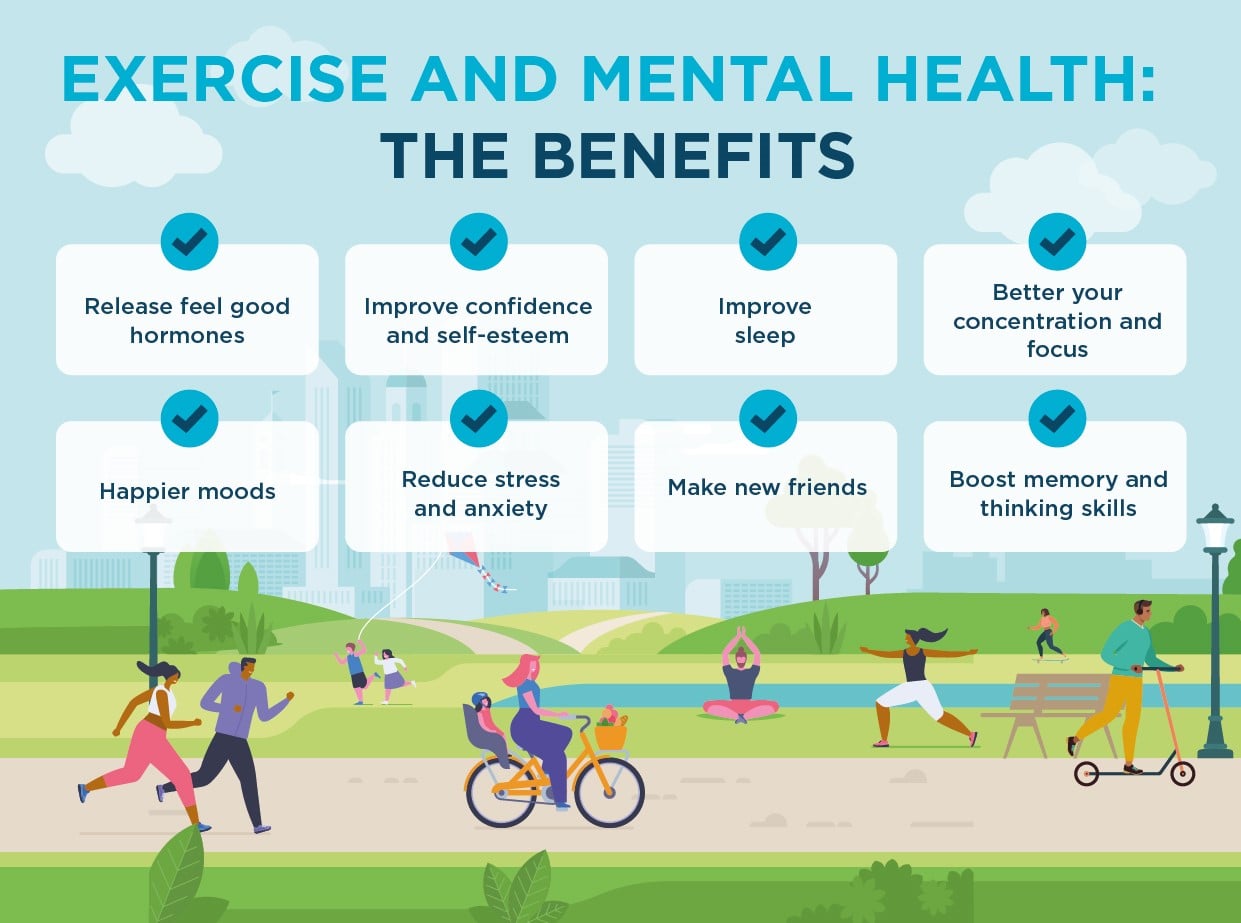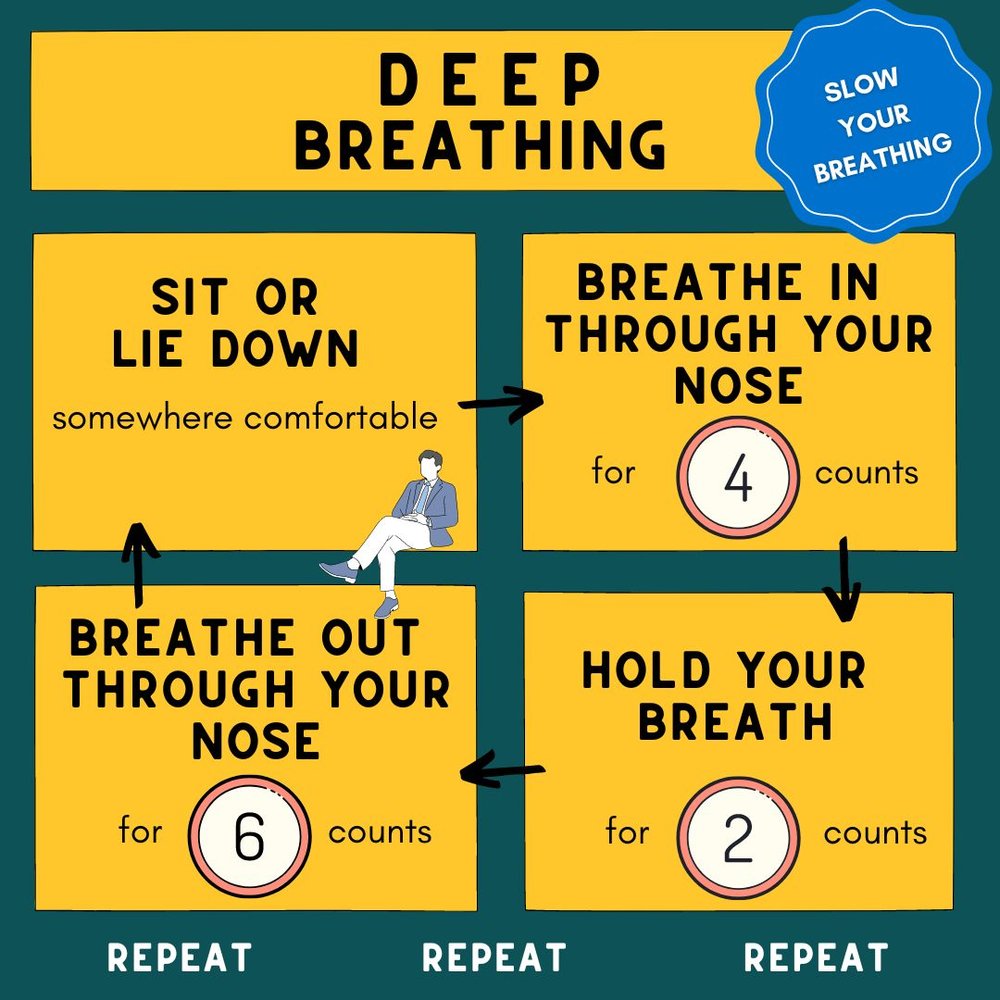How Putting one Foot in Front of the Other can Benefit your Overall Wellness
Today’s world often emphasizes high-intensity workouts and complicated fitness routines so it’s easy to overlook one of the simplest and most effective forms of exercise: walking. Whether you’re a fitness enthusiast or just looking for an easy way to improve your health, walking gives a multitude of benefits that go beyond just physical fitness. What are they? Well…….
1. Physical Health
One of the most well-known benefits of walking is its positive impact on physical health. This low-impact exercise is accessible to people of all fitness levels and can significantly improve your well-being.
- Improves Cardiovascular Health: Walking regularly can reduce the risk of heart disease and stroke by strengthening your heart and improving circulation. Just 30 minutes a day can make a substantial difference.
- Aids in Weight Management: If weight loss or maintenance is your goal, walking can be an effective tool. It helps burn calories without putting stress on your joints, making it a sustainable option for long-term health.
- Strengthens Muscles and Bones: Walking helps tone your leg muscles and improves bone density, which is crucial in preventing conditions like osteoporosis. Over time, your muscles become stronger, supporting better posture and balance.
2. Mental Health
Walking isn’t just good for your body; it’s also a powerful way to boost your mental health.
- Reduces Stress and Anxiety: Walking, especially in nature, has been shown to lower cortisol levels, the stress hormone. This simple activity can help clear your mind and reduce anxiety, leaving you feeling more relaxed and centered.
- Boosts Cognitive Function: Studies have shown that walking can enhance cognitive function, improving memory, creativity, and even problem-solving abilities. Whether you’re brainstorming or simply clearing your head, a walk can be incredibly beneficial for your mind.
- Improves Sleep Quality: Regular walking can help regulate your sleep patterns, making it easier to fall asleep and stay asleep. The combination of physical activity and mental relaxation promotes deeper, more restful sleep.
3. Overall Well-being
Beyond physical and mental health, walking contributes to a sense of overall well-being.
- Increases Energy Levels: It might seem counterintuitive, but walking can actually increase your energy levels. Even a brisk 10-minute walk can boost your mood and energy, making you feel more alert and less fatigued.
- Encourages Social Interaction: Walking with friends, family, or even joining a walking group can foster social connections. This not only makes the activity more enjoyable but also helps combat feelings of loneliness and isolation.
- Accessible and Low-Impact: Walking is one of the most accessible forms of exercise. It doesn’t require any special equipment, can be done almost anywhere, and is gentle on the joints, making it ideal for people of all ages and fitness levels.
4. Reduces the Risk of Chronic Diseases
Regular walking can be a powerful tool in preventing and managing chronic diseases.
- Lowers Risk of Chronic Conditions: Walking helps manage and reduce the risk of chronic conditions such as high blood pressure, type 2 diabetes, and arthritis. It’s a simple way to take control of your health and prevent the onset of these conditions.
- Promotes Longevity: Studies have shown that people who walk regularly tend to live longer. The cumulative benefits of improved cardiovascular health, weight management, and mental well-being contribute to a longer, healthier life.
Walking may seem simple, but its benefits are anything but. From improving physical health to boosting mental well-being and fostering social connections, walking is a powerful tool for enhancing your life. Whether you’re aiming to lose weight, reduce stress, or just add more movement to your day, walking is an easy, effective, and enjoyable way to achieve your goals.




